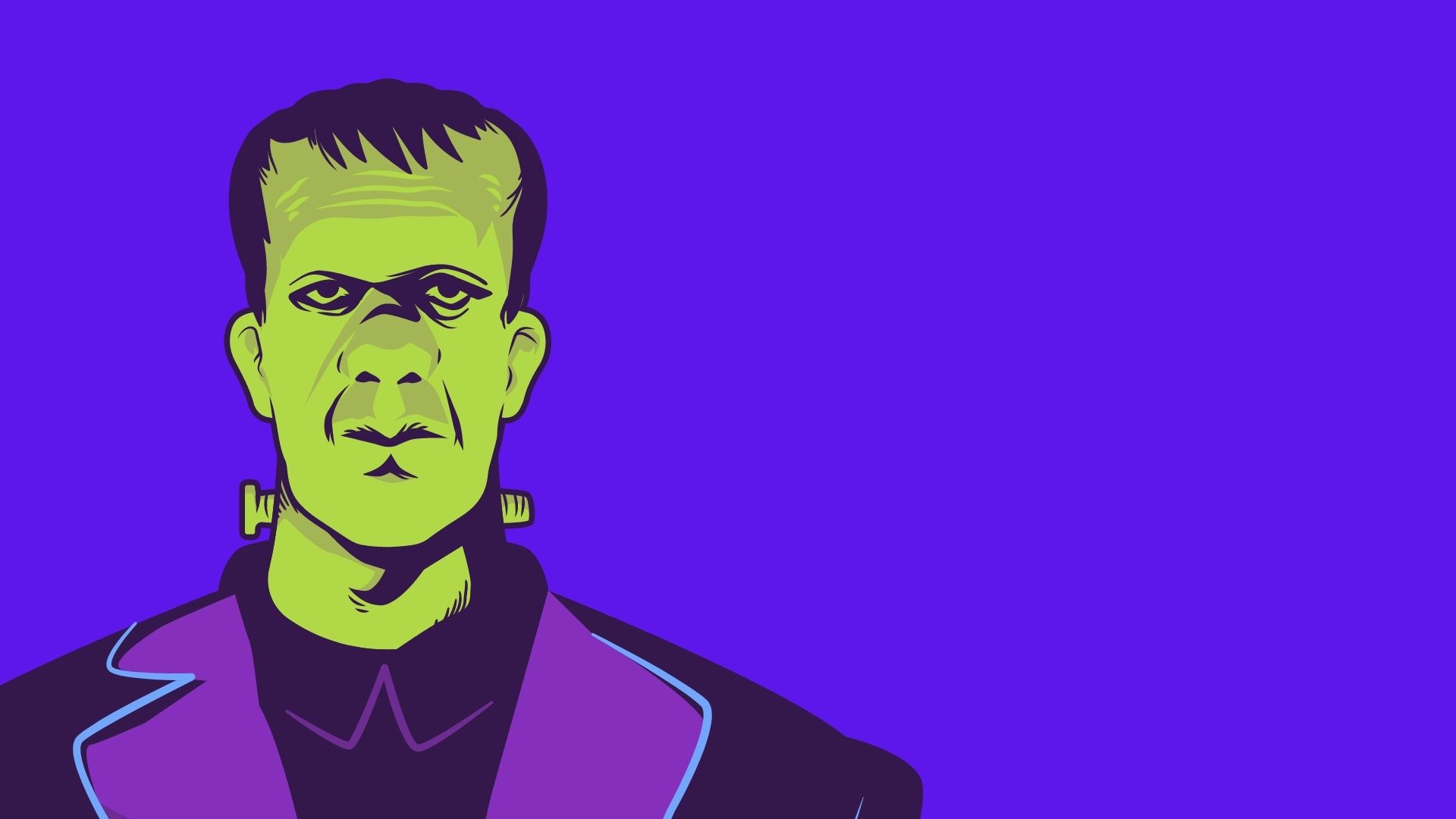
FAQ About Frankenstein

Has Frankenstein been banned or censored at any point in history?
Yes, Frankenstein has faced instances of censorship and challenges throughout its history. The novel's controversial themes, including the portrayal of scientific experimentation, moral and ethical dilemmas, and elements of horror, have led to attempts to ban or restrict its circulation in various periods and regions. Here are some notable instances of censorship and challenges faced by Frankenstein:
- Early Reception: In the 19th century, some critics and readers were disturbed by the novel's dark and Gothic elements, and its portrayal of reanimation and scientific experimentation. This led to moral and religious objections to the novel's content.
- Conservative Backlash: During the 19th century, when conservative values were prevalent, there were attempts to ban the novel due to concerns about its perceived subversive nature and its portrayal of the boundaries of science and religion.
- 20th-Century Censorship: In the early 20th century, Frankenstein faced censorship and challenges in various countries due to concerns about its suitability for young readers and its portrayal of violence and horror.
- Banned in Schools: Frankenstein has been banned or challenged in some schools and educational institutions in the United States and other countries due to its dark themes and depiction of violence.
- Censorship in Film and Theater: Film adaptations and theatrical productions of Frankenstein have also faced censorship and challenges in different countries. Some adaptations have been modified to comply with censorship laws or to avoid controversy.
- Religious Objections: Some religious groups have objected to the novel's portrayal of the act of creation and its implications on the role of a divine creator.
